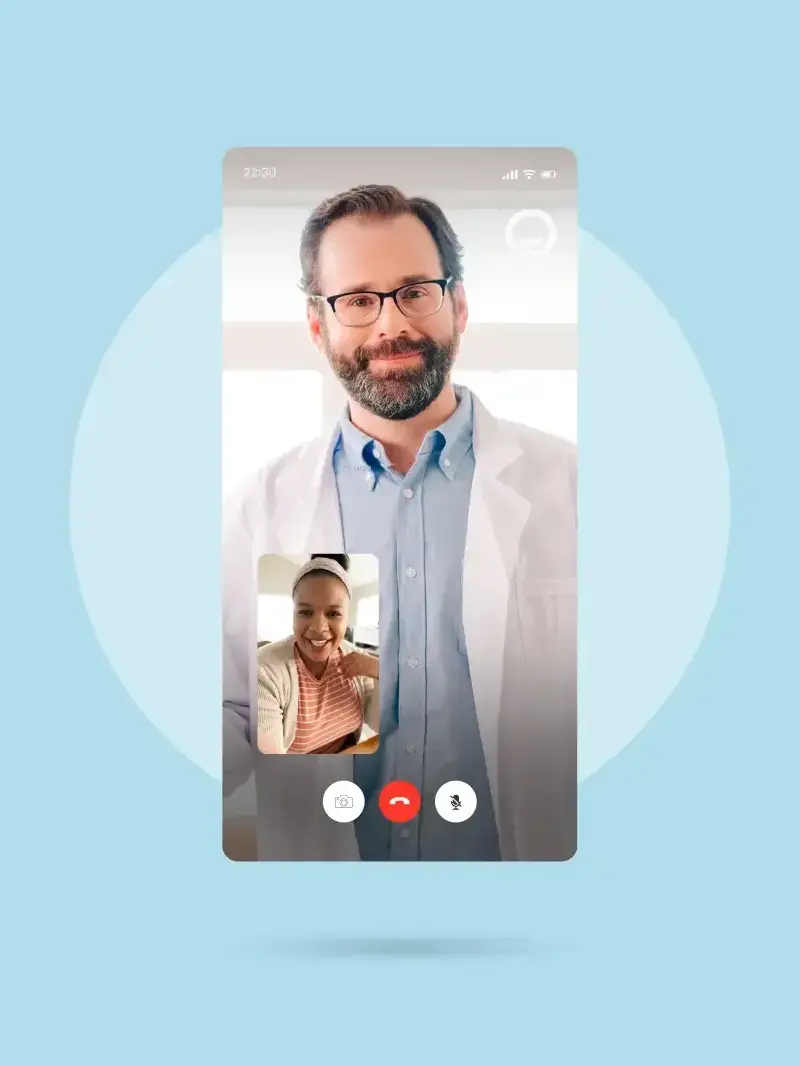How much does PEP cost?
Depending on your pharmacy, a full course of of PEP (truvada + tivicay/isentress) costs between $600 and $2,500 without insurance. If you have insurance, depending on the reason you're prescribed PEP, you may qualify for free or low-cost medicines. You can also visit this website for further information on HIV PEP and other potential ways to save money on HIV PEP.
How can I refill my PEP prescription?
To refill your PEP prescription, book a virtual appointment with a board-certified PlushCare doctor. After reviewing your symptoms, your doctor can send an electronic prescription to your local pharmacy.
Should I take PEP for 28 days?
Take PEP for the full 28-day course to minimize your risk of HIV unless your doctor tells you otherwise.
Can I stop PEP if the source is negative?
If the source person tests negative for HIV, PEP can be stopped before 28 days. Talk to your doctor before stopping PEP.
Can you drink alcohol on PEP?
Avoid drinking alcohol while taking PEP. Alcohol can increase your risk of liver damage.
Who should not take PEP?
You should not take PEP if 72 hours have passed since your potential exposure to HIV. If you have continuous exposure to HIV, talk to your healthcare professional to see if pre-exposure prophylaxis (PrEP) is right for you after finishing the 28 days of PEP.
What happens if I miss a dose of PEP?
If you miss a dose of PEP, take the missed dose as soon as you remember. Skip the missed dose if it's almost time for your next dose. Avoid taking two doses to make up for a missed dose.
What happens if I take too much PEP?
If you've taken too much PEP, contact your local poison control center or call your doctor.
How well does PEP work?
PEP is effective in preventing HIV infection when taken correctly, but it's not 100% effective. Research shows that PEP can reduce the risk of contracting HIV.
Should I take PEP?
You should take PEP if:
-
You may have been exposed to HIV during sex (for example, if the condom broke or you didn't use protection)
-
You shared needles to prepare or inject drugs
-
You had a workplace needle stick injury
PEP should be started within 72 hours to prevent HIV. Every hour counts.






